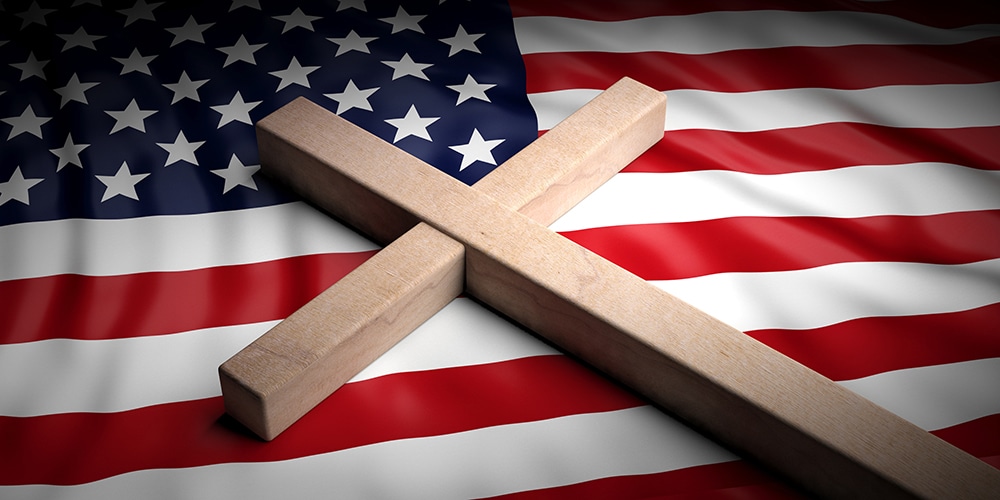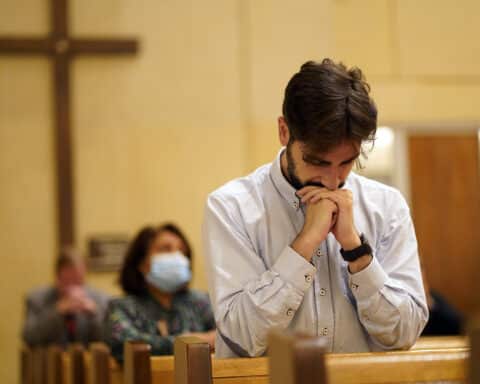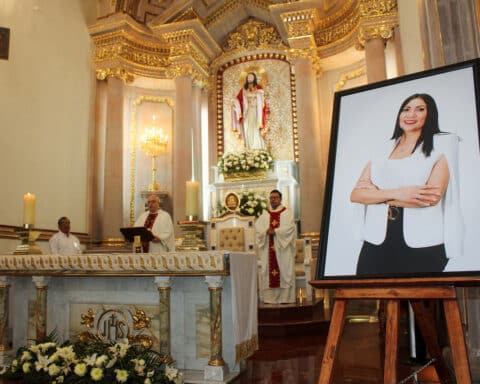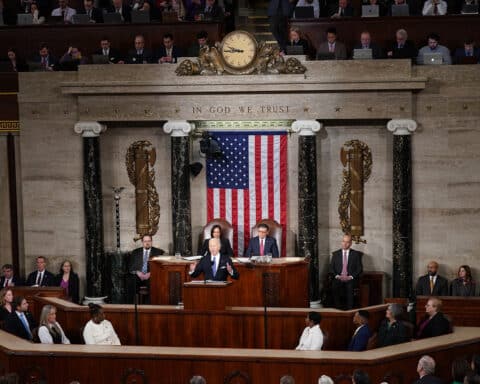Polarization. Division. Friends and family turning on one another. A pandemic. Widespread protests against injustice. Riots. The death of a liberal Supreme Court justice, and the nomination of a conservative woman to take her place.
| How to form your conscience before voting |
|---|
| It may seem odd to say amid the heat and passion of an election campaign, but deciding how to vote — or reviewing a decision already made, which often is a good idea — is best understood as an exercise in conscience formation. Read it all. |
And, in a few short weeks, Election Day will be upon us.
In our editorials this summer and fall, we have addressed this discord. But political division, in and of itself, is not the problem. A healthy society can and will engage in healthy debate. We are not a healthy society. But we can be one — and, as Catholics, we can lead the way.
In this special issue, we are presenting four points of view on the 2020 U.S. presidential election. The authors disagree with one another. As an editorial board and as individuals, we disagree with some of what each author has to say. But we and they are united in one purpose: to provide a model for charitable discussion of the four major options that we as Catholic citizens must consider as we approach the ballot box.
Making the Catholic case for …
Donald Trump
Trump has spoken out on [abortion] more forcefully and more openly than any president since abortion became a national issue. He has repeatedly affirmed the truth about human life and about abortion in the most prominent possible settings. … Moreover, the president has matched his actions to his words, moving American public policy in a pro-life direction. Read it all.
Joe Biden
The bishops rightly assume that the Catholic who votes must be a rational person, capable of fulfilling the requirements of minimal reason. If these are the assumed characteristics of the voter, why not use them for the candidate as well? Which candidate best fulfills the principle of minimal reason? Who will read, listen and take counsel? Who will conduct himself as a rational person while in office? Read it all.
Brian Carroll of the American Solidarity Party
[The American Solidarity Party] is the closest thing we have to a party that is remotely consistent with Catholic teaching. It is deadly serious in protecting both the prenatal child and her mother. It is deadly serious about ecological protection of God’s creation. It is deadly serious about upholding religious liberty. Read it all.
Focusing on local issues
If politics must enter in, we should condition its demands by the Catholic principle of subsidiarity. In the bishops’ words, this is the principle that “larger institutions in society should not overwhelm or interfere with smaller or local institutions.” We protect and invigorate the local by restoring essential functions thereto. This will have the added benefit of stripping those larger institutions of their powers to make war on our families, our communities and on people across the sea. Read it all.





